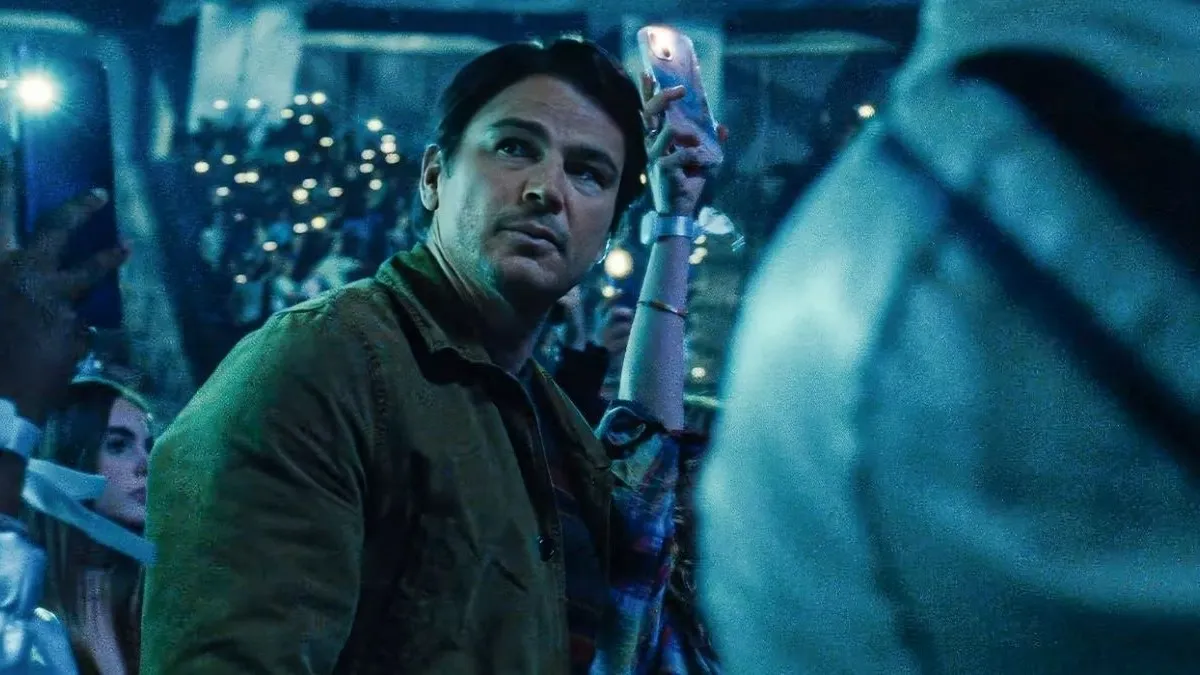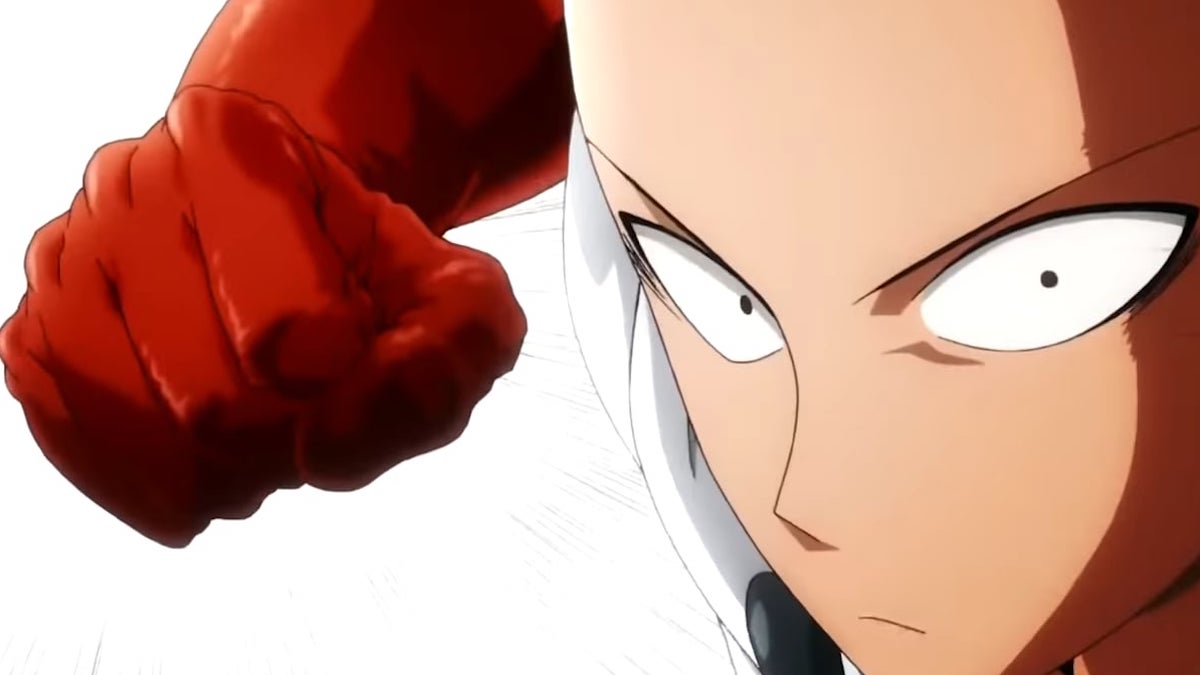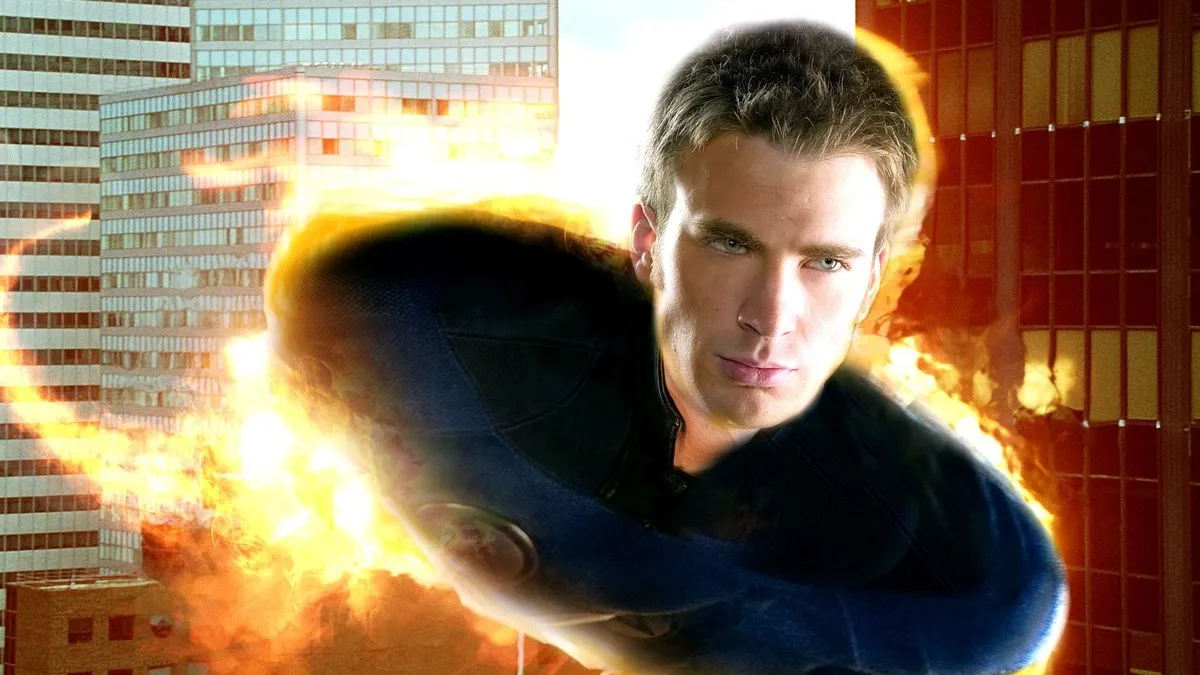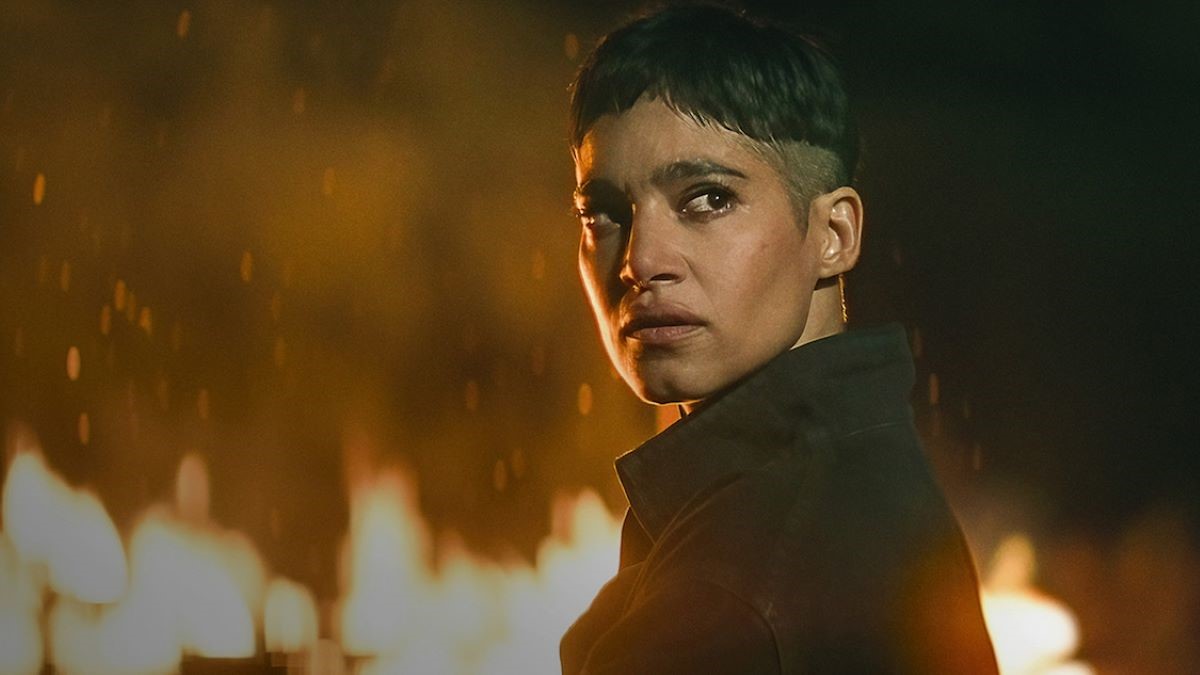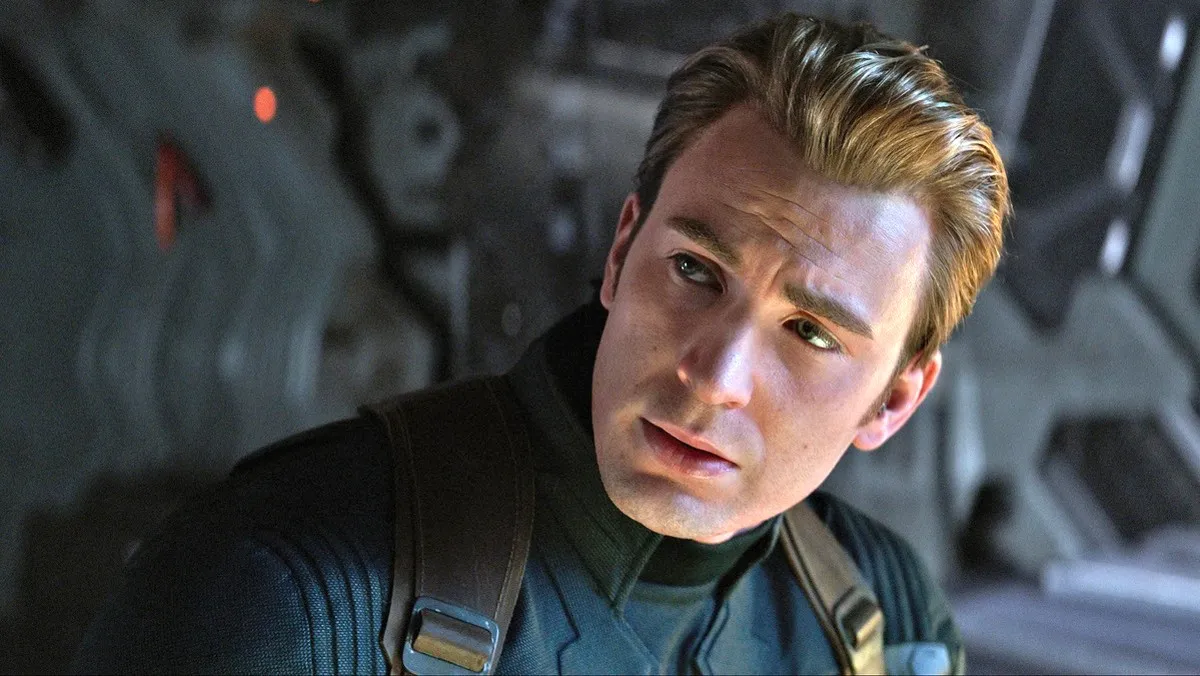Star Wars fans have been criticizing George Lucas’ Prequel Trilogy longer than anyone cares to remember, and despite the fact that Disney’s middling and divisive Sequel Trilogy has made them warm up to the days of the Galactic Republic and the Clone Wars, there are still a lot of things about those movies that start to fall apart when you think too much about them.
Whether it’s Jar Jar Binks, the overly convoluted narrative with an unbearable focus on politics, or even the poorly written and acted Anakin Skywalker as a youngling, we could level a lot of criticism at The Phantom Menace. But from a more objective point of view, the film also had several plot holes and nonsensical elements that haunt fans to this day.
According to the folks at GameRant, one of these, in particular, involves Naboo and Padme Amidala. As we learned in the prequels, Senator Sheev Palpatine had been moving the pieces from behind the curtains to secure his rise to power. The first step towards realizing this goal was to compel the Queen of Naboo to disown Supreme Chancellor Valorum. That’s why the Earth-like planet plays a pivotal role in the politics of that era, even through Dave Filoni’s The Clone Wars.
When you take a closer look, though, there are a lot of things about Naboo that don’t make sense. Lucas explained their government as an elective monarchy, meaning that the people chose Padme to be their ruler. But Natalie Portman’s character was 14 years old when we saw her in Episode I. So, why would the people choose an adolescent to rule the planet? And if the title is an office with a two-term limit, why call it a monarchy in the first place, when in truth it’s a democracy?
As ScreenRant explains:
How is it that the Naboo allow minors to run for office? In the United States, a citizen must be eighteen years of age before they can hold any public office. Most of the world shares the same age of candidacy, and some even set the required age to twenty-one. Amidala is presented as a child prodigy in Star Wars lore, but that still cannot account for the enormously complicated task of governing an entire planet, its resources, managing its conflicts and celebrations, representing Naboo to other planetary leaders, and commanding a presence in the Galactic Senate.
[Also] why would the Naboo have an elected monarchy? It is one thing for the monarchy to be a tradition of their planet, which it is, it is another to have a monarch democratically elected to office with a two-term limit and no tolerance for hereditary succession. That is not a monarchy, that is just a democracy. It would make sense if Queen Amidala were elected for life, or, if she belonged to a Royal House that rotated elected members of its own dynasty, and she happened to be the one elected for that season.
One argument is that the Star Wars creator wanted to justify Leia’s namesake as a princess in the Original Trilogy, which is why he designed the hierarchy of Naboo in that manner. Then again, the character’s adoptive mother, Senator Organa’s wife, was the hereditary Queen of Alderaan, so there was no need for further justification. Incidentally, what makes this even more nonsensical is that there are no succession rules in Naboo, meaning that the people would once again get to choose their next queen.
What do you think about all this, though? Let us know your thoughts in the usual place below.








